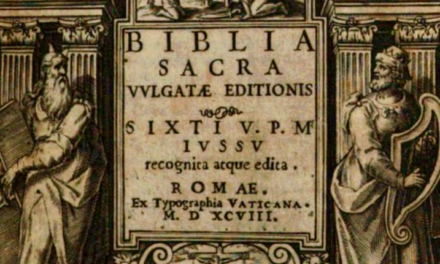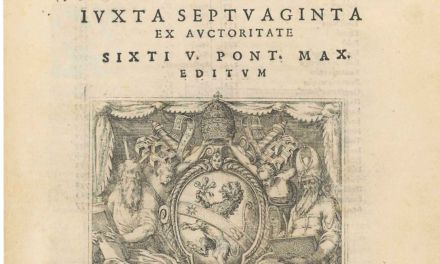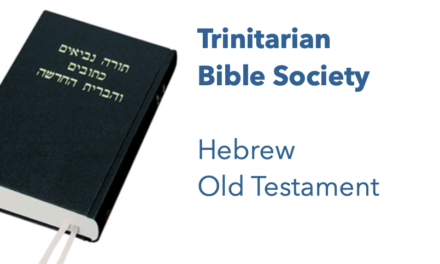William Whitaker
A 16th century witness to the unreliability of the Greek Septuagint
“Learned men question, whether the Greek version of the scriptures now extant be or be not the version of the seventy elders.
The sounder opinion seems to be that of those who determine that the true Septuagint is wholly lost,* and that the Greek text, as we have it, is a mixed and miserably corrupted document.
Aristæus says that the Septuagint version was exactly conformable to the Hebrew originals, so that, when read and diligently examined by skilful judges, it was highly approved by the general suffrage of them all. But this of ours differs amazingly from the Hebrew copies, as well in other places and books, as specially in the Psalms of David.
Nor is there room for any one to reply that the Hebrew is corrupt. For even the papists will not venture to maintain that the Greek is purer than the Hebrew. If they did, they would be obliged to condemn their own Latin version, which agrees much more closely with the Hebrew than with the Greek.
Nay, the faults of the Greek translation are so manifest, that it is impossible to find any way of excusing them.”
* This opinion is most learnedly, but in my opinion most hopelessly maintained by Ussher, in his Syntagma De LXX. Interprett. See Walton Proleg. ix. pp. 125–159. (Vol. II. ed. Wrangham.)
Source: A Disputation on Holy Scripture, page 121 [read online] [buy the book]




